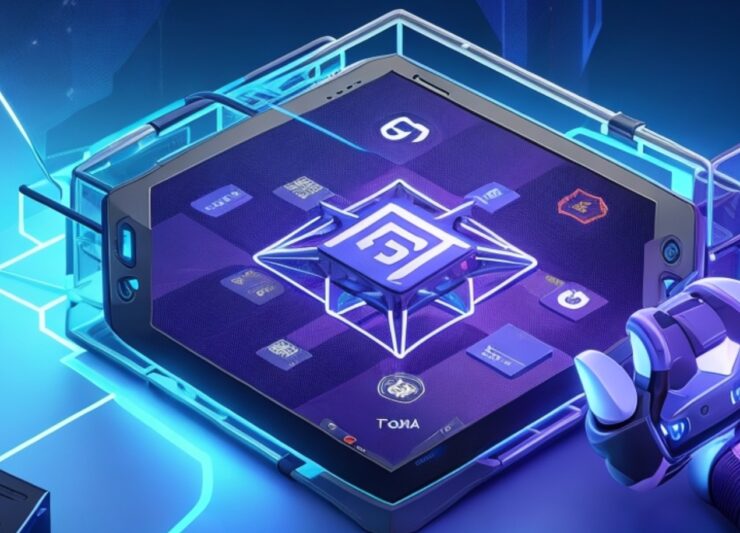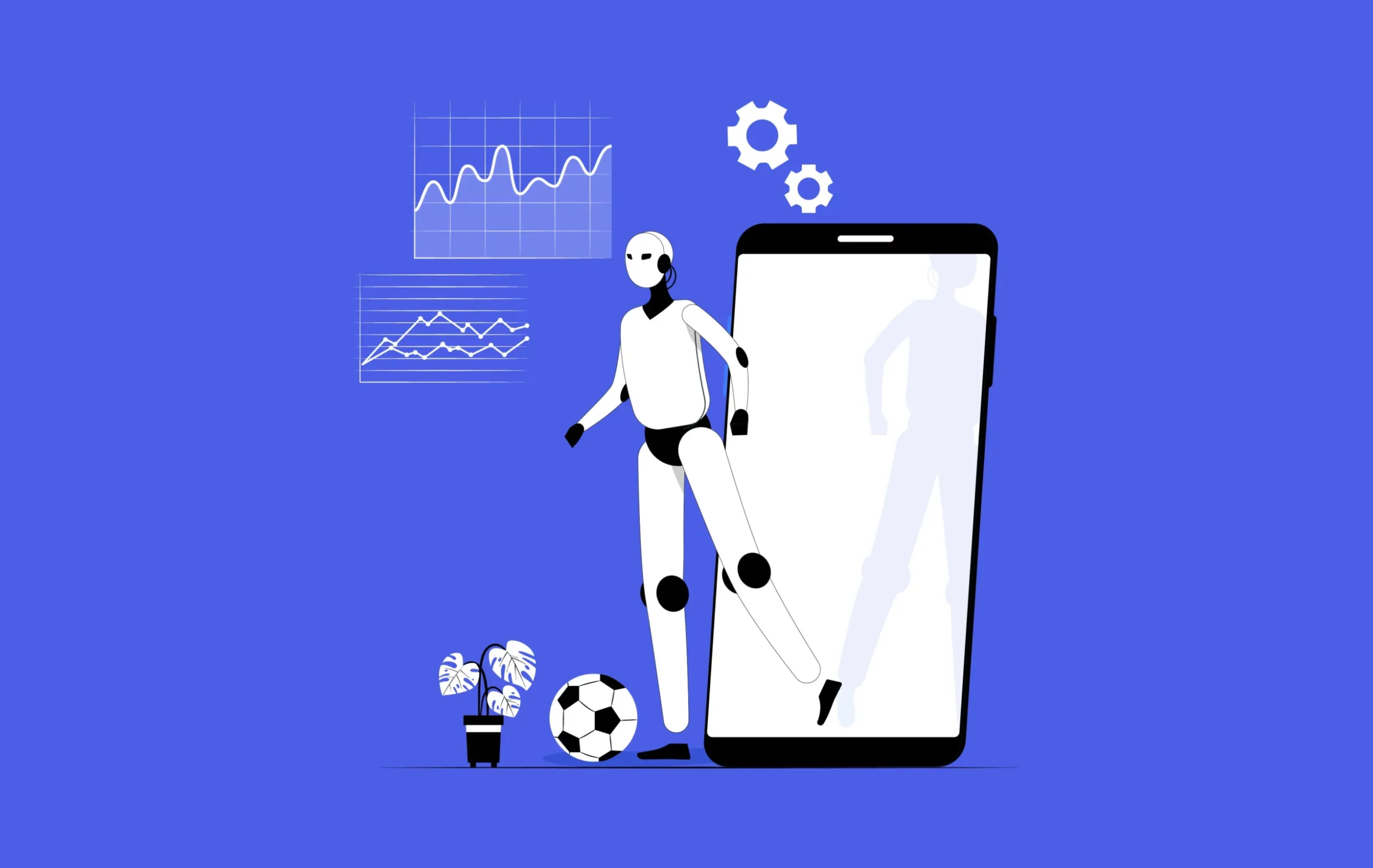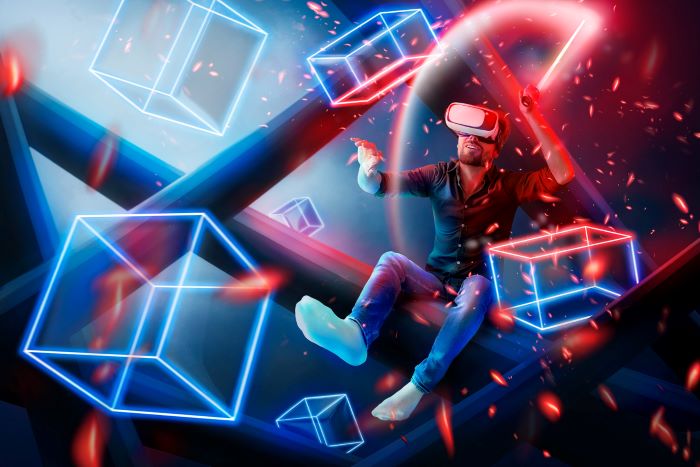Esports, or electronic sports, is a rapidly growing global phenomenon, where professional gamers compete in various video games, much like athletes do in physical sports. With a projected audience of 495 million people worldwide in 2020, esports has catapulted into mainstream entertainment, spurred by technological advancements, and the adoption of digital media. Two significant technological breakthroughs, Artificial Intelligence (AI) and blockchain, are set to further redefine the esports landscape.
AI refers to computer systems capable of performing tasks that usually require human intelligence, such as understanding natural language, recognizing patterns, and making decisions. Blockchain, on the other hand, is a type of distributed ledger technology where data is stored across a network of computers, making it transparent, secure, and resistant to modification.
The Role of Blockchain in Esports
To comprehend the impact of blockchain in esports, it’s important to understand its basic premise. A blockchain is a chain of digital “blocks” that contain records of transactions. Each block is connected to all the blocks before and after it, making it difficult to tamper with a single record. This creates a robust framework for transparency and security, two attributes that are crucial in esports.
Blockchain technology is providing innovative solutions to long-standing issues in esports, such as player identity verification and cheating. For instance, blockchain can create immutable records of players’ identities, achievements, and rule violations, enhancing the trustworthiness of player profiles.

Decentralized Governance and Smart Contracts
Decentralization is at the heart of blockchain technology, offering an avenue for more democratic and transparent governance in esports. Through blockchain, decisions about rule changes, event organization, and prize distributions can be made collectively by the community, leading to more equitable outcomes.
Smart contracts, or self-executing contracts with the terms directly written into lines of code, can further level the playing field. These contracts can automate the execution of agreements in a transparent, conflict-free way, making player contracts and transactions fairer. Blockchain also opens up the possibility of a decentralized marketplace for in-game items, allowing players to truly own and trade their digital assets within outlets such as SatoshiHero, which can greatly enhance the monetization potential for esports participants.
Enhanced Fan Engagement and Tokenization
Blockchain isn’t only changing the game for players; it’s also transforming the fan experience. Through tokenization, esports assets such as teams, players, and in-game items can be digitized and owned by fans, blurring the lines between spectators and participants.
Tokenization can also facilitate fan participation in decision-making processes. For instance, fans could use tokens to vote on team strategies, player transfers, or tournament formats. By providing an avenue for fans to engage actively, blockchain can potentially increase fan loyalty and open up new monetization opportunities.
AI-Powered Data Analytics in Esports
While blockchain is reshaping the structural aspects of esports, AI is revolutionizing its tactical side. AI-powered data analytics is increasingly becoming a crucial tool in esports. By processing vast amounts of game data, AI algorithms can analyze player performance, identify patterns, predict outcomes, and provide strategic insights.
For instance, AI can track and analyze a player’s actions within a game, determine their effectiveness, and compare them against other players. This can reveal strengths and weaknesses in a player’s strategy, providing valuable feedback for improvement. It can also help teams to identify optimal strategies and counter-strategies, thereby raising the level of competition.

Predictive Modeling and Real-Time Insights
The ability to predict game outcomes can have a significant impact on a team’s strategy and the viewer experience. By leveraging machine learning algorithms, AI can forecast game outcomes based on historical and real-time data, providing an additional layer of excitement for viewers.
AI can also provide real-time insights during matches, such as identifying pivotal moments, predicting player moves, and suggesting optimal strategies. This can make the viewing experience more interactive and engaging, further driving fan engagement.
Personalized Player Training and Skill Development
The application of AI in esports extends beyond analytics and predictions; it also plays a significant role in player training and skill development. AI systems can customize training programs based on a player’s individual skills and performance, ensuring that each player gets the most out of their practice sessions.
AI can also analyze a player’s strengths and weaknesses, and suggest specific areas for improvement. This personalized approach to training can significantly improve player skills, leading to higher levels of performance and competition.
AI-Powered Virtual Characters and Game NPCs
AI is also enhancing the gaming experience by powering virtual characters and non-player characters (NPCs) in esports games. AI-powered characters can mimic human behavior and adapt their strategies based on the player’s actions, creating a more immersive and challenging gaming experience.
Advanced AI opponents can provide a realistic training environment for players, allowing them to practice strategies and improve their skills outside of competitive matches. These AI advancements are not only improving the gaming experience but also expanding the boundaries of what’s possible in esports.

AI-Powered Anti-Cheat Measures
Cheating has been a persistent issue in esports, impacting its credibility and the fairness of competition. AI presents a powerful solution to this problem. AI algorithms can analyze game data in real-time to detect unusual patterns or anomalies that may indicate cheating.
By implementing AI-powered anti-cheat measures, esports organizations can maintain the integrity of matches and ensure a level playing field for all participants. This is crucial for the continued growth and mainstream acceptance of esports.
The Future of Esports: Blockchain and AI Integration
The integration of blockchain and AI offers exciting possibilities for the future of esports. Blockchain can provide the transparent and secure infrastructure needed to store and process game data, while AI can analyze this data to provide insights, predictions, and personalized experiences.
One possibility is the emergence of decentralized autonomous organizations (DAOs) in esports, where decisions are made collectively by the community using smart contracts and AI algorithms. This could lead to more democratic and inclusive esports ecosystems that are self-regulating and community-driven.
Potential Challenges and Limitations
Despite their promise, the adoption of blockchain and AI in esports faces several challenges. Scalability, or the ability to handle growing amounts of work, is a common concern with blockchain technologies. Adoption barriers exist as well, as players, fans, and organizations may be resistant to change or unfamiliar with these technologies.
Regulatory concerns also pose a challenge. As these technologies evolve, so too must the laws and regulations that govern them. Misuse of AI and blockchain could potentially lead to unfair competitive advantages, privacy issues, and other ethical dilemmas.

Conclusion
The fusion of AI and blockchain is set to revolutionize the world of esports, enhancing the player and fan experience, improving gameplay fairness, and creating new opportunities for engagement and monetization. While challenges exist, the potential rewards for players, fans, organizations, and the broader esports industry are immense.
The transformative impact of blockchain and AI on esports cannot be overstated. As these technologies continue to evolve and become more integrated into the esports ecosystem, they promise to redefine the rules of the game, bringing us closer to a future where esports is more exciting than ever.



